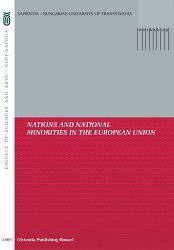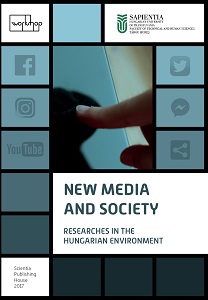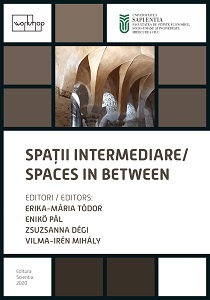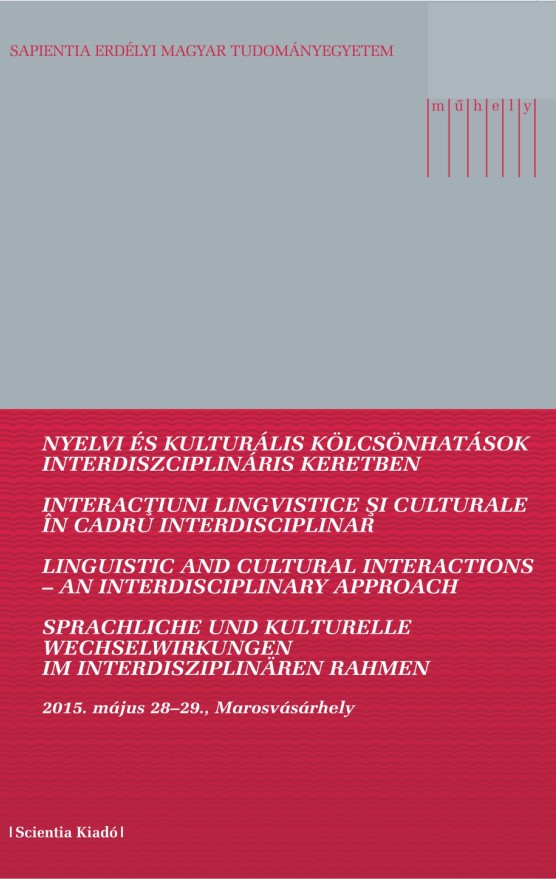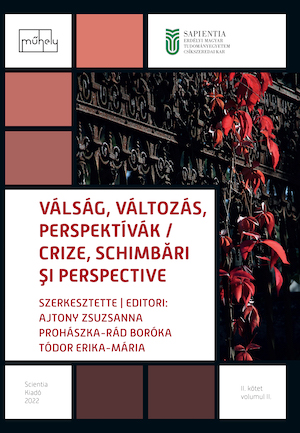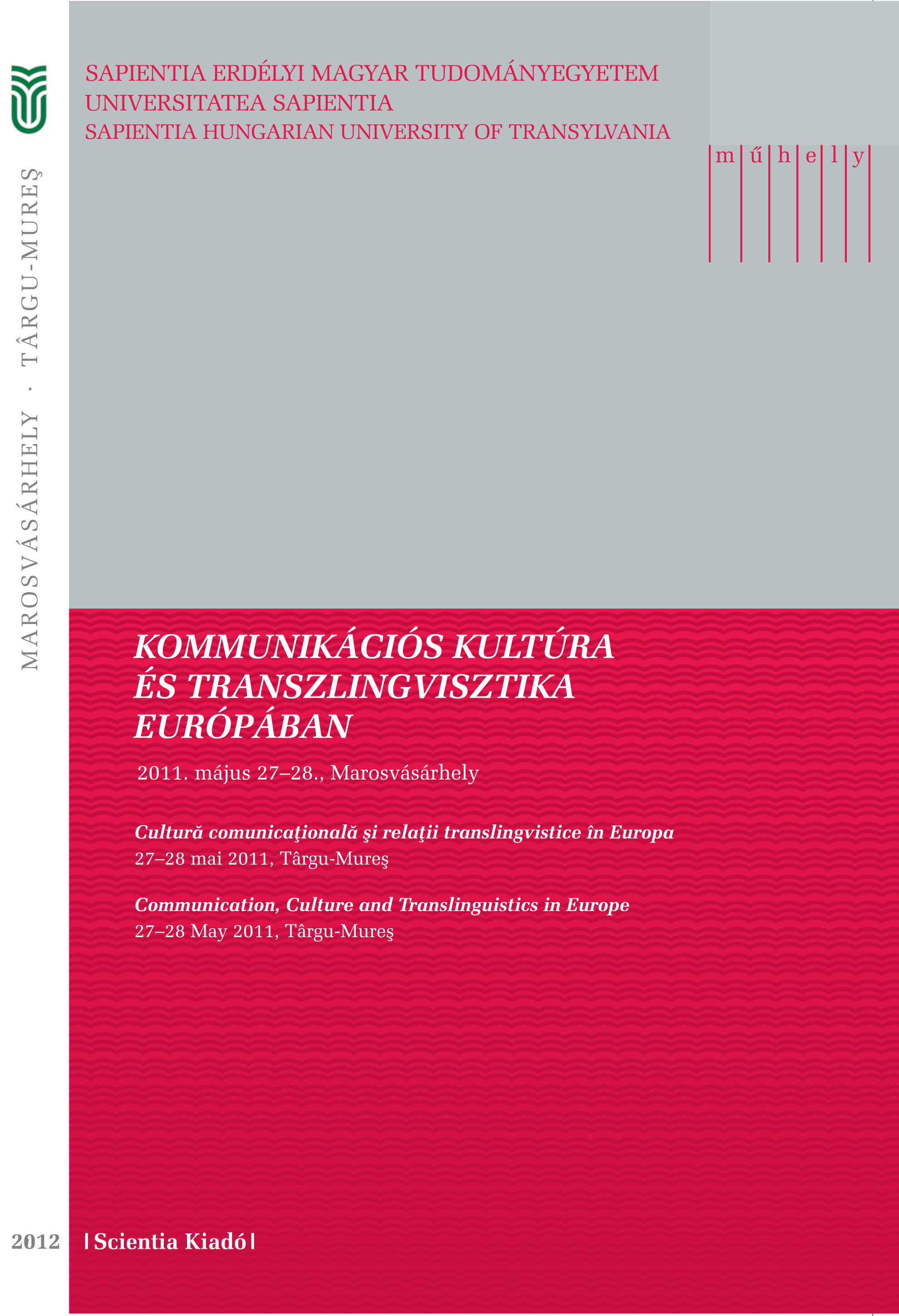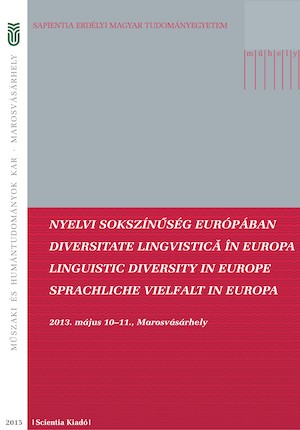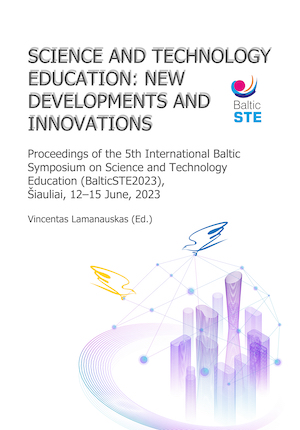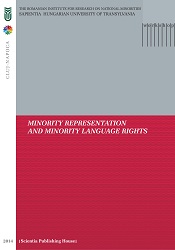
The Experience on the Higher Education Programmes among the Master’s Students – A Multicultural Approach
In this study, we present a research focusing on the implementation and consequences of the Bologna Process, in a multicultural approach. As far as we know, in Romania, there were no similar projects realized. The research was realized in Cluj-Napoca, between 21st of March 2010 and 30th of June 2011. The methodology of the research: we will present the findings of the faceto- face survey among the Master’s (MA/MSc) students at the state universities in Cluj-Napoca. The study language was taken in consideration during the research and the results are partly presented by using this differentiation. The results of our research are presented in this study, and the most interesting findings are the following: the Bologna Process – after its application during the last 5 years – did not achieve its most important goals, which were the mobility of the students and the preparation of the students for the labour market. The mobility – among those MA and MSc students who completed our survey – it is not more than 14%, and most of them said that the higher education does not prepare them to take a job according to their professional training. The Bologna Process – five years after its coming into effect – has not yet reached its most relevant objectives, which are (1) student mobility – it reached 14% among the students who filled out our questionnaire – and (2) the preparation of the graduates for the real demands of the European Union’s labour market. The failure to realize these objectives can be concluded from the students’ statements, the majority believing that university studies fall short in getting them prepared to take up a job that suits their professional trainings. The most significant problem that emerged after the application of the Bologna Process is the very fact that the graduates’ level of preparation does not meet the actual demands of the labour market neither at national level nor at the level of the European Union. Therefore, these students come to be ‘unemployed graduates’. Regarding the above-mentioned problem, we present some suggestions for its resolution in the paper presented.
More...
